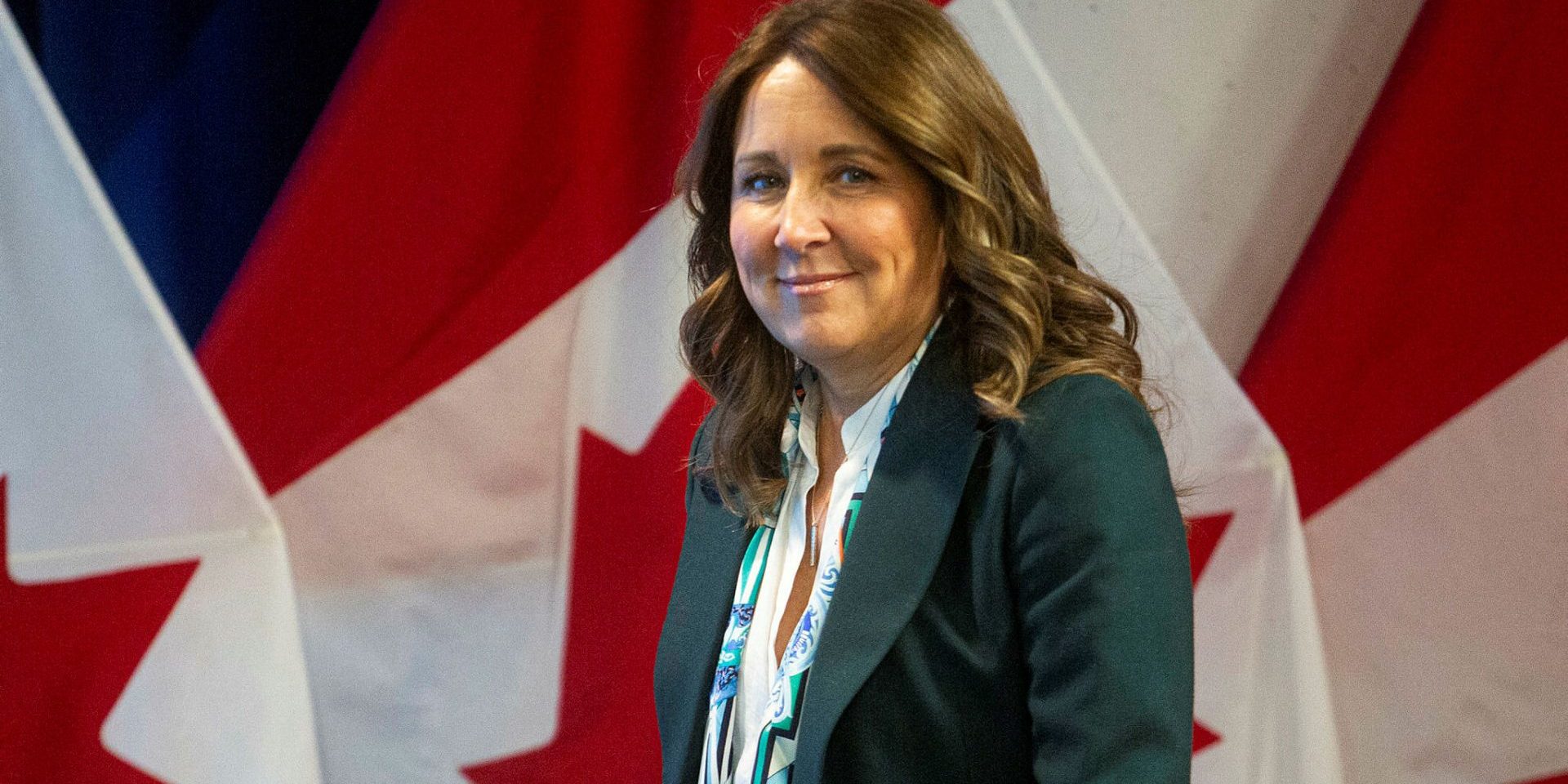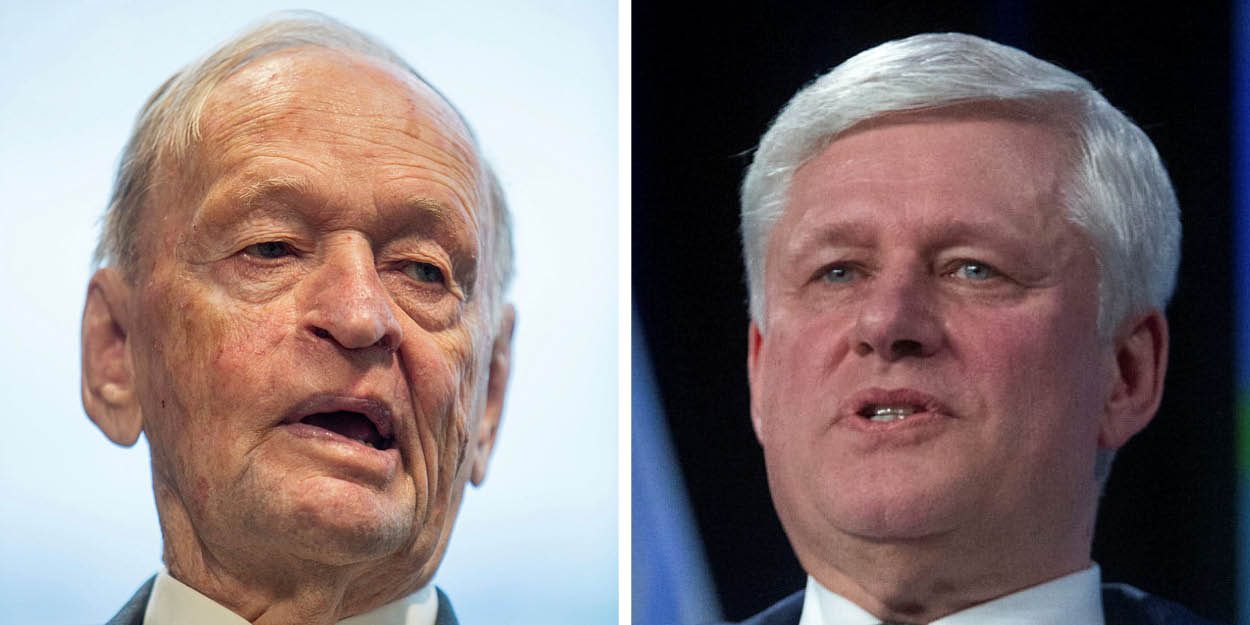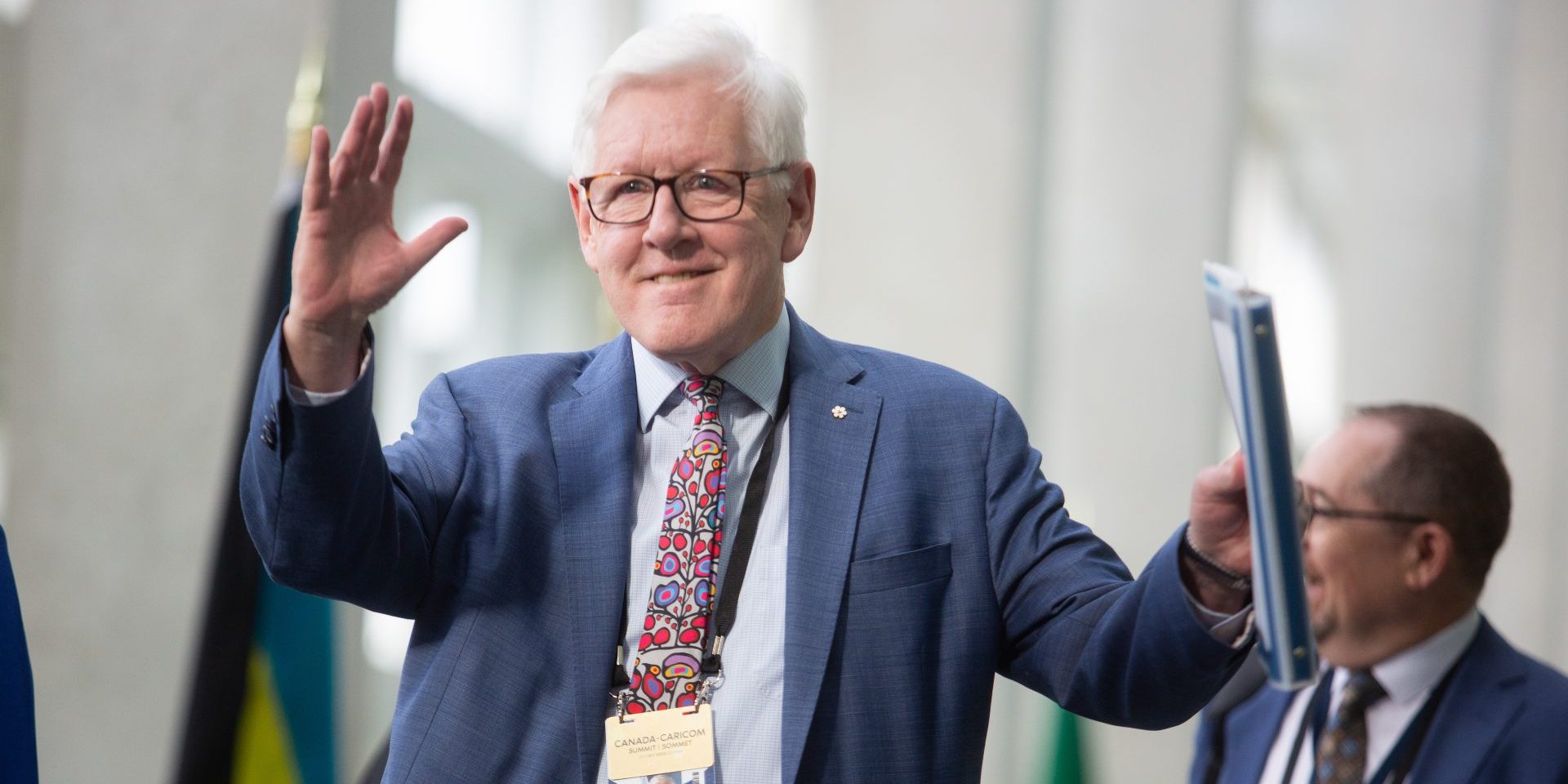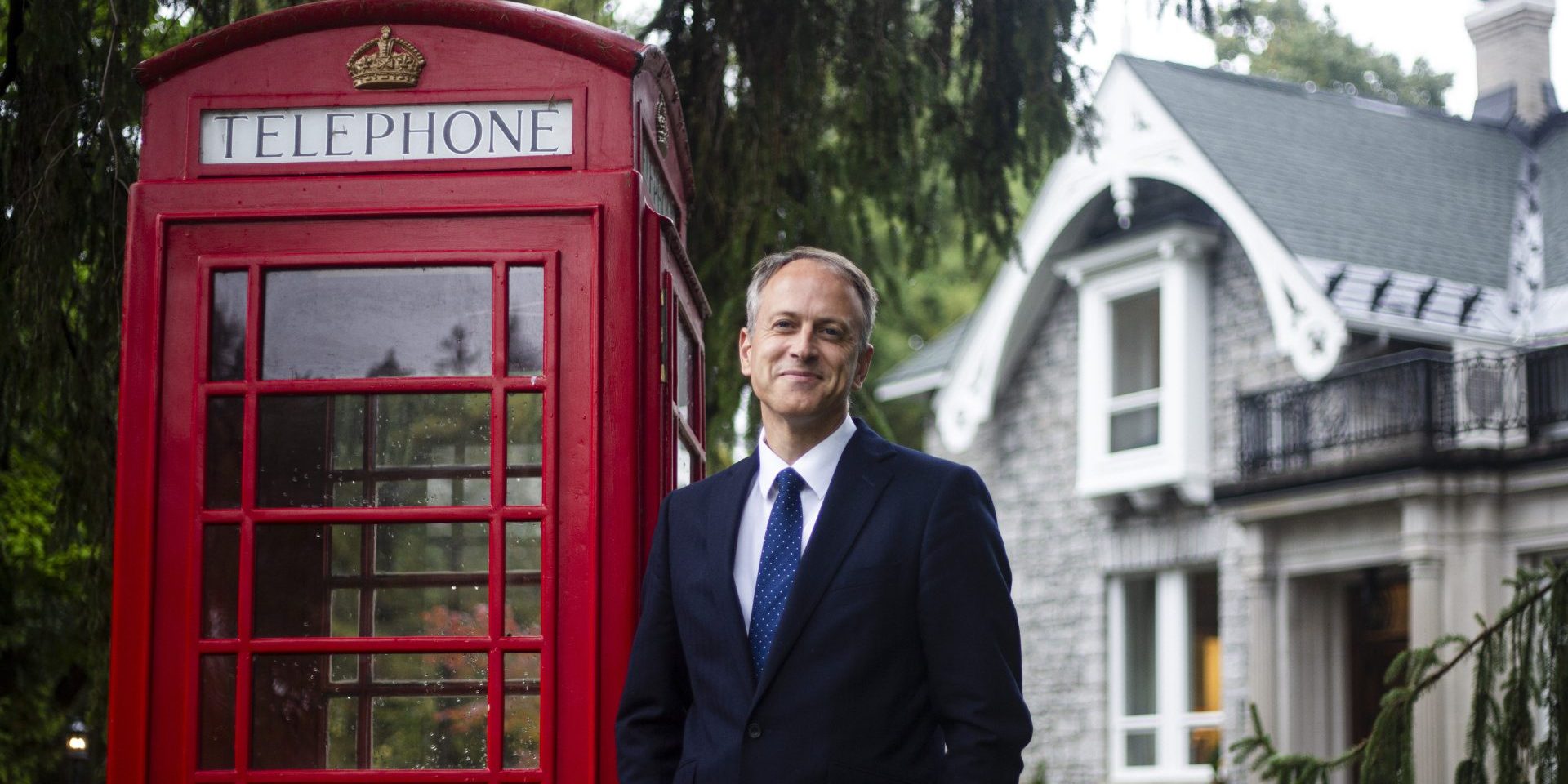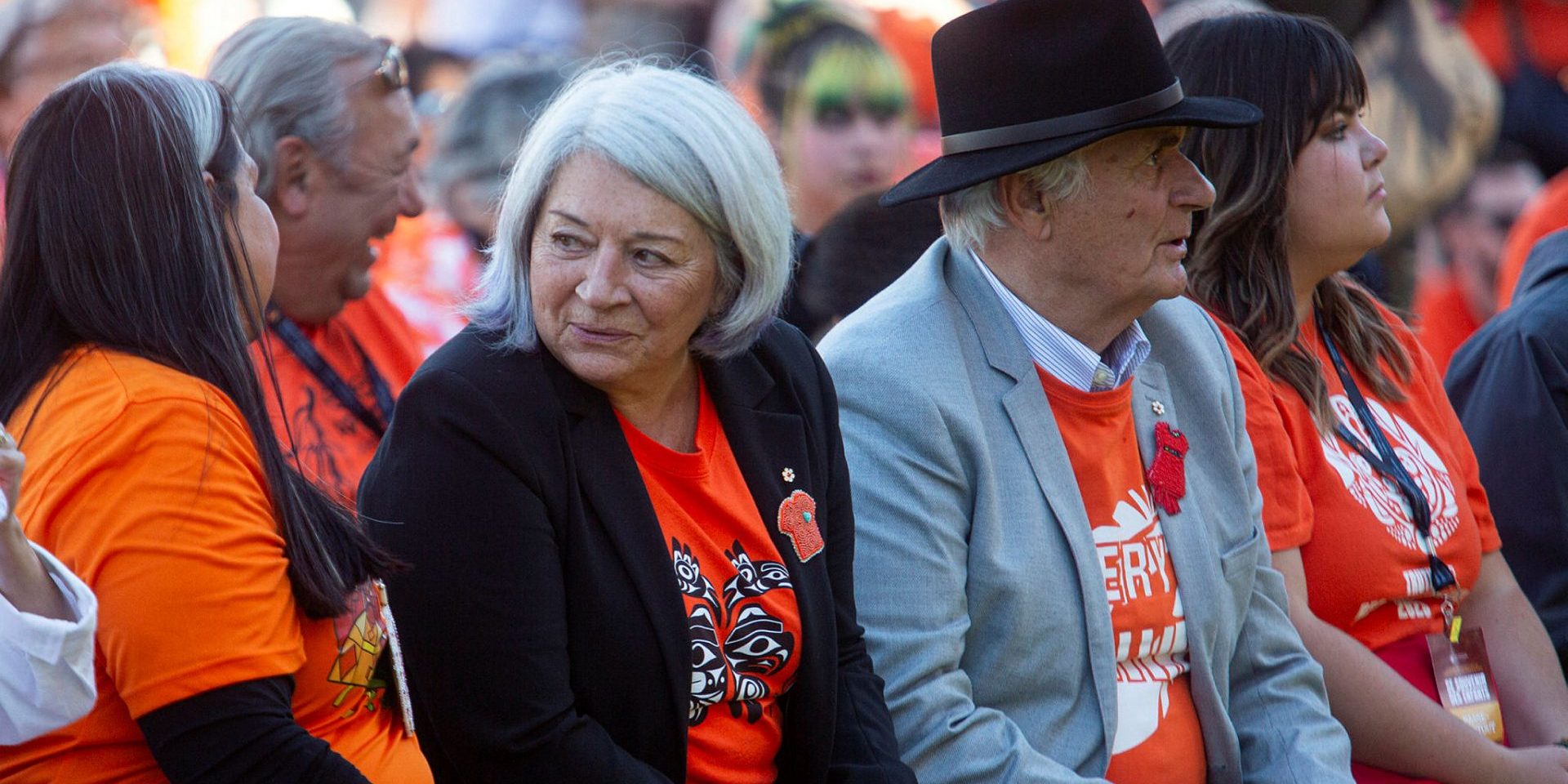Diplomatic Circles
Support for Ukraine ‘not enough,’ says new Lithuanian envoy
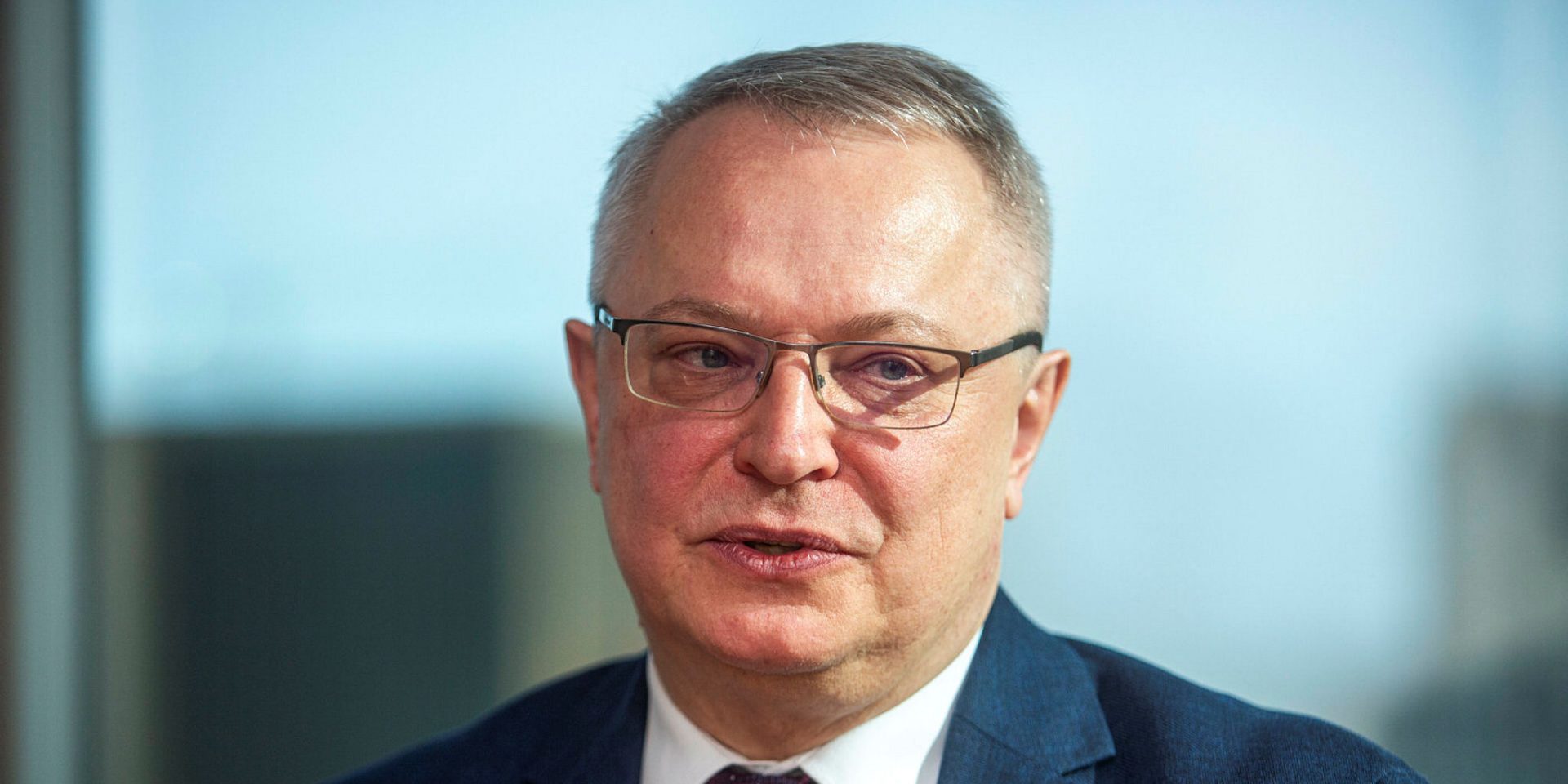
Lithuania’s new ambassador to Ottawa is urging allies to double down on their support for Ukraine as cracks in the consensus are beginning to form.
The United States administration is moving ahead with talks to end Russia’s attack on Ukraine, but—to the dismay of European leaders—is doing so without the presence of major powers on the continent. U.S. Defense Secretary Pete Hegseth said it is “unrealistic” to return to the Ukrainian borders that existed before 2014.
Lithuania Ambassador Egidijus Meilūnas declined to respond to Hegseth’s comments, but said premising any discussions of a “new reality” feeds into the Russian narrative.
“Then we admit that we are weak, first of all. And second, we admit that criminals can do whatever they want because today’s Russia is a barbaric, criminal, terrorist state that is violating all international rules, and all international conventions,” Meilūnas told The Hill Times.
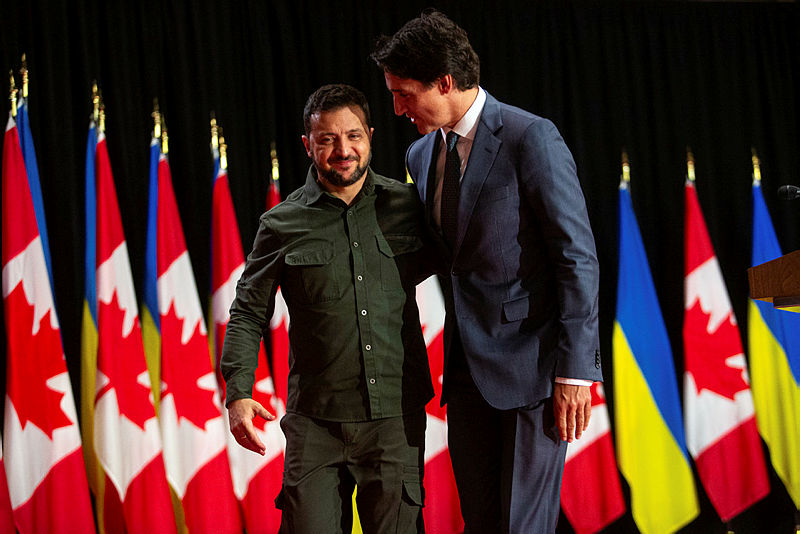
“Russia now grabbed illegally part of Ukraine, and we have to accept it—it’s not acceptable,” he added.
Lithuania is separated from Ukraine by Russian-aligned Belarus.
“Some politicians who represent the collective West democratic countries still don’t understand fully what Russia is doing,” the ambassador said. “We somehow have to learn from our history—1938 Munich—it was an example of a very naive thinking that you can make some deal with an aggressive regime [and] dictator [in Adolf] Hitler, and somehow we can live in peace.”
Meilūnas said allies have been too slow to respond to the needs of the Ukrainian military throughout the war. When it came to lethal weapons to tanks, there was much hemming and hawing before Canada and others agreed to send arms to Ukraine.
“Members of the trans-Atlantic community, members of NATO, or European Union demonstrated great unity in supporting Ukraine. The amount of support is impressive,” he said. “But the key word is: it’s not enough.”
A once-impossible dream
Meilūnas said being a diplomat had been a dream of his since he was a child, but one that wasn’t initially a conceivable reality in Soviet-occupied Lithuania.
“No sovereignty, no sovereign foreign policy, no Lithuanian embassy—nothing,” he said.
Instead, the now-ambassador became a pediatric doctor. By the late 1980s, he joined the Lithuanian independence movement. And when his country gained independence in 1990, he soon joined the foreign ministry.
He has twice served as vice-minister of the ministry, as well as ambassador in Poland, Japan, and Ireland. He also was a diplomatic adviser for then-president Valdas Adamkus.
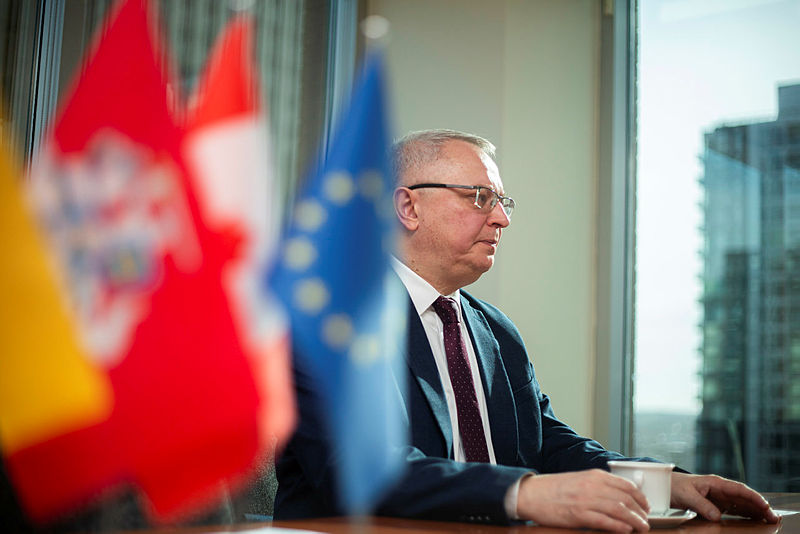
Meilūnas joined Adamkus in 1999 when he became the first Lithuanian head of state to visit Canada.
“I still remember the capital very warmly more than 20 years ago,” he said.
Meilūnas spotlighted the special role Canada has played in Lithuanian history as it never recognized the annexation of Lithuania by the Soviet Union, and it was the diaspora community in Canada that first raised funds for an embassy for the foreign ministry in Brussels.
‘Respect sovereignty of each country’
Asked whether Lithuania has concerns that a NATO ally is threatening to absorb another member of the military alliance, the Lithuanian ambassador didn’t directly answer.
But he noted that what makes each country a member of the democratic community is a respect for international law and rules.
“All discussions amongst ourselves should be based on international law—respect sovereignty of each country, and that’s it,” he said.
Past Canadian foreign affairs minister and current Canadian Ambassador to France Stéphane Dion has said the “51st state” threats from U.S. President Donald Trump violate the UN Charter.
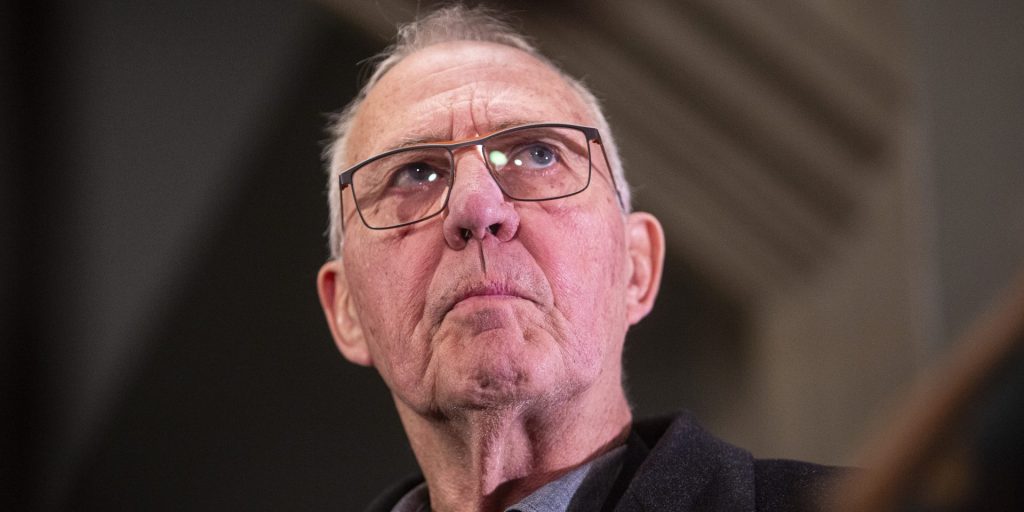
With more pressure to spend more on defence, Lithuania has pledged to boost its defence spending to between five and six per cent of its GDP by 2030. Today, Vilnius spends north of three per cent on defence resources.
Here in Canada, Defence Minister Bill Blair has signalled a willingness to reach NATO’s two-per-cent target by 2027.
Meilūnas said it’s more important to spend based on an assessment of threats as opposed to a specific metric.
“We need to spend for our defence enough,” he said. “So, in one case, maybe five per cent is enough, in other cases maybe four or maybe 10 per cent.”
He noted the important role Canada is playing on NATO’s eastern flank leading the battlegroup in Latvia.
“That means you’re increasing security—not only of our northern neighbour, Latvia—but also the security of Lithuania, Estonia, and whole the Baltic Sea region,” he said.
nmoss@hilltimes.com
The Hill Times






 LICENSING
LICENSING PODCAST
PODCAST ALERTS
ALERTS